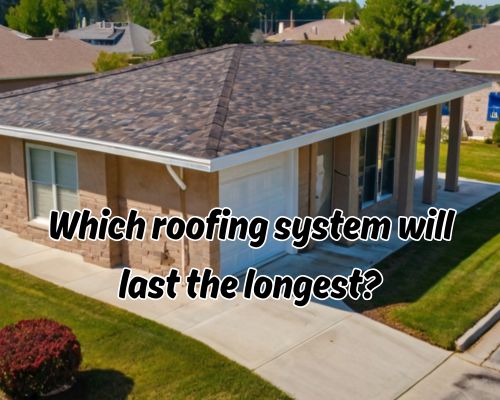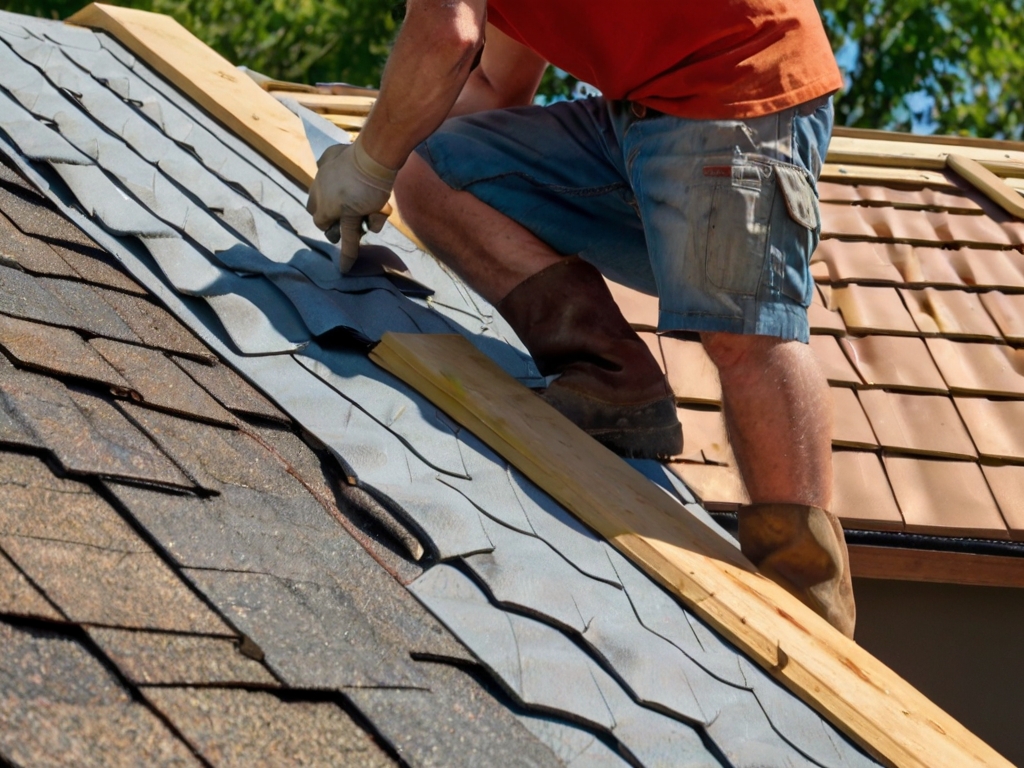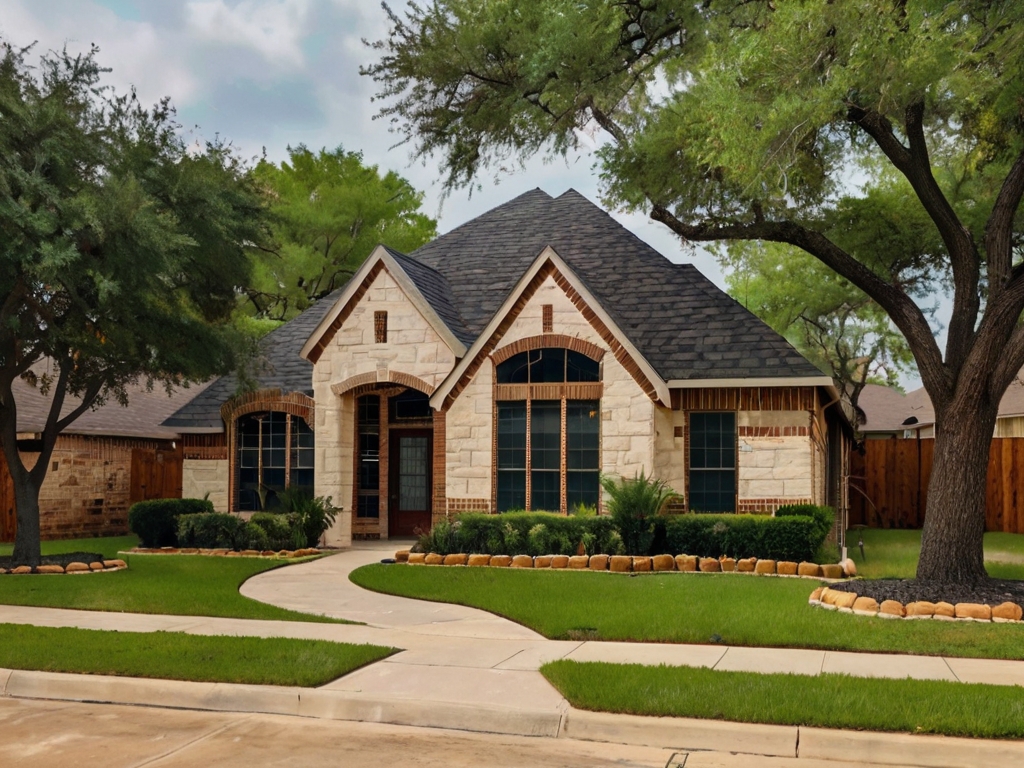When it comes to investing in a new roof in New Jersey, the stakes are high. With the region’s diverse climate—harsh winters, humid summers, coastal storms, and fluctuating temperatures—homeowners often find themselves asking a critical question: Which roofing system will last the longest?

Longevity is more than a matter of durability; it impacts your long-term cost savings, home value, energy efficiency, and even your insurance premiums. With CJ Commercial Roofing NJ, we’ll explore the most durable roofing systems available, evaluate their lifespan, maintenance requirements, and cost, and factor in local conditions specific to New Jersey communities like Newark, Jersey City, and Princeton.
Understanding Longevity in Roofing Systems
“Longevity” in roofing isn’t just how many years a roof could last—it’s how long it remains functional, weather-resistant, and low-maintenance under real-world conditions. New Jersey’s roofing systems must endure:
- Heavy snowfall and ice dams in areas like Montclair or Morristown
- Hurricane-force winds and nor’easters along the Jersey Shore
- High humidity in South Jersey suburbs like Cherry Hill
- UV exposure and thermal cycling across cities like Trenton and Elizabeth
This means the ideal long-lasting roof in New Jersey must combine robust materials with expert installation and climate-specific performance.
Top 5 Longest Lasting Roofing Systems (Ranked for NJ Conditions)
Let’s explore which roofing systems are most likely to stand the test of time under New Jersey’s environmental conditions:
1. Slate Roofing – Lifespan: 75–150 years
Slate is the undisputed champion of longevity. Often seen on historic homes in Princeton and Ridgewood, natural slate roofs can last over a century with proper care.
Pros:
- Completely fireproof
- Resistant to mold, insects, and UV
- Aesthetic and adds historic charm
- Excellent for resale value
Cons:
- Very expensive ($15–$30 per sq ft)
- Heavy—requires structural reinforcement
- Installation must be done by specialized roofers
Local Note: Slate performs well in New Jersey’s freeze-thaw cycles, especially in older Victorian and Colonial homes.
2. Clay or Concrete Tile Roofing – Lifespan: 50–100 years
While more common in warmer climates, clay tile roofs are increasingly used in upscale NJ neighborhoods like Short Hills due to their elegance and resistance to fire and insects.
Pros:
- Long lifespan and minimal upkeep
- Fire and rot resistant
- Energy efficient (reflects sunlight)
Cons:
- Heavy (like slate), needs a reinforced roof deck
- Fragile under heavy impact (e.g., falling branches or ice)
- High cost and limited contractor availability in NJ
LSI Keywords: energy efficient roof, fireproof roofing, Spanish-style roofs, upscale roofing materials
3. Standing Seam Metal Roof – Lifespan: 40–70 years
Metal roofing systems, especially standing seam styles, are gaining popularity in eco-conscious towns like Montclair and Hoboken.
Pros:
- Lightweight and recyclable
- Highly resistant to wind, hail, and fire
- Reflects solar radiation, reducing cooling costs
- Available in various colors and coatings
Cons:
- Higher upfront cost than asphalt
- Noisy in rain unless insulated properly
- Poor installation can lead to leaks
Local Tip: Ideal for homes in hurricane-prone regions of coastal NJ such as Atlantic City or Toms River.
4. Architectural Asphalt Shingles – Lifespan: 25–40 years
While not the absolute longest-lasting, architectural asphalt shingles (a.k.a. dimensional or laminate shingles) provide a strong balance of durability, affordability, and style—especially in suburban towns like Edison and Clifton.
Pros:
- Affordable and widely available
- Resistant to wind and algae
- Easy to repair and replace
- Compatible with most New Jersey roofing contractors
Cons:
- Lifespan highly dependent on installation quality
- Susceptible to fading over time
- Moderate insulation performance
Salient Entities: GAF, Owens Corning, CertainTeed—top manufacturers with NJ-based distribution
5. Synthetic Roofing (Composite Shingles) – Lifespan: 30–50 years
Synthetic slate or shake roofing offers the aesthetics of wood or stone with the performance of polymer technology. It’s especially useful for homeowners in historic districts who want long life with less maintenance.
Pros:
- Lighter than natural materials
- UV, fire, and impact resistant
- Eco-friendly options available
Cons:
- Variable quality depending on brand
- Still relatively new—less historical performance data
Local Highlight: Popular in design-sensitive areas like Princeton’s historic neighborhoods.
New Jersey-Specific Roofing Considerations
When selecting the longest-lasting roof system in New Jersey, here are critical local variables to consider:
- Hurricane and Wind Ratings: Opt for systems rated for Category 3 hurricane winds—especially in coastal areas like Cape May or Asbury Park.
- Snow Load & Ice Dams: Choose materials and underlayments that prevent ice damming, particularly if you’re in northern NJ where snow accumulation is heavier.
- Energy Efficiency: Metal and clay tiles are ideal in NJ for their ability to reflect UV rays in the summer and maintain thermal stability in winter.
- Local Building Codes & Permits: Each NJ township (e.g., Paramus, New Brunswick, Freehold) may have unique requirements. Work with licensed New Jersey roofing contractors familiar with local zoning and historic preservation rules.
What Impacts Roofing Lifespan (Besides Material)?
Even the most durable materials can fail early if the following aren’t addressed:
- Installation Quality: Poor flashing, improper ventilation, or unsealed fasteners reduce any roof’s lifespan.
- Ventilation & Insulation: Trapped moisture or heat buildup under the roof can warp shingles or create mold.
- Routine Maintenance: Clean gutters, remove moss, and inspect annually—especially after NJ’s severe weather.
- Warranty & Certifications: Reputable roofing contractors in New Jersey like CJ Commercial Roofing NJ often offer GAF Master Elite or CertainTeed SureStart warranties, which may cover labor and materials up to 50 years.
Cost vs. Longevity: What’s the Best ROI?
| Roof Type | Avg. Lifespan | Cost (per sq ft) | ROI (Long-Term) |
|---|---|---|---|
| Slate | 75–150 years | $15–$30 | Excellent |
| Tile | 50–100 years | $10–$20 | Very Good |
| Metal | 40–70 years | $8–$15 | Very Good |
| Asphalt Arch. | 25–40 years | $4–$8 | Moderate |
| Synthetic | 30–50 years | $7–$13 | Good |
Final Verdict: Which Roofing System Will Last the Longest in New Jersey?
If maximum longevity is your goal and budget isn’t a limiting factor, natural slate roofing remains unmatched. But if you’re seeking a balance of cost, durability, and regional compatibility, metal roofing systems—particularly standing seam panels—offer an excellent lifespan and resistance to New Jersey’s unpredictable weather.
For most homeowners across Central and Northern New Jersey, architectural asphalt shingles still dominate for a reason: They deliver decent longevity, good storm protection, and cost-effective installation.
Call to Action
🏠 Ready to make a long-term investment in your home’s future? Work with a licensed New Jersey roofing contractor who understands the local climate and can match you with the roofing system that will truly stand the test of time. Don’t just ask, “Which roofing system will last the longest?”—act on the answer with expert support.





